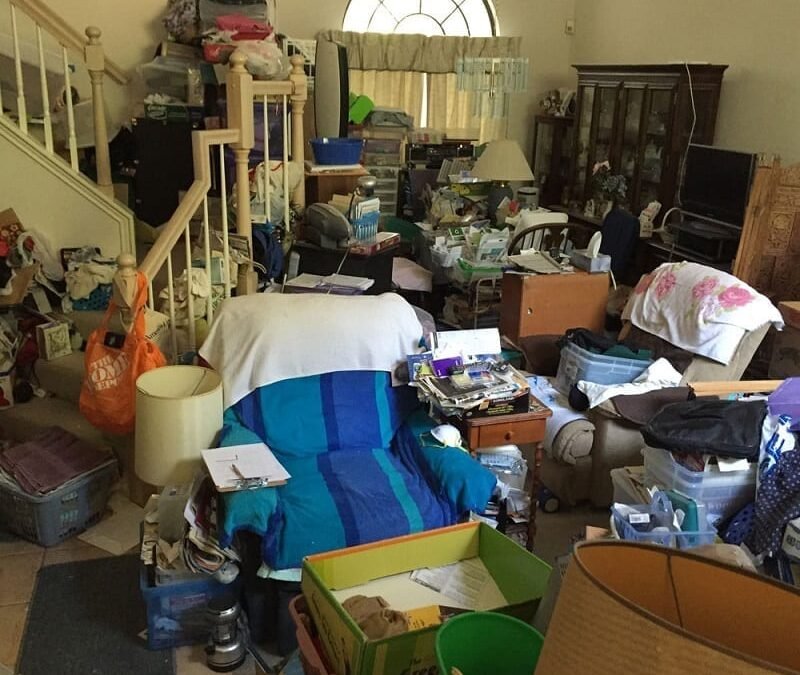Understanding the profound psychological impact of cumulative disorder is crucial for grasping the broader implications on mental health. Cumulative disorder, commonly known as hoarding, goes beyond mere clutter accumulation. It is a serious condition with significant psychological impacts. This article explores the mental health consequences of cumulative disorder, providing insights into its complexities and the challenges faced by those affected.
What are the main psychological impacts of cumulative disorder?
The main psychological impacts include emotional distress, anxiety, depression, shame, social isolation, cognitive overload, and impaired executive functioning. Contact Us.
How can therapy help with cumulative disorder?
Therapy, particularly Cognitive Behavioral Therapy (CBT), helps individuals change their thought patterns and behaviors related to acquiring and saving items, promoting healthier habits.
Why do individuals with cumulative disorder feel isolated?
Individuals often feel isolated due to shame and embarrassment about their living conditions, leading to social withdrawal and avoidance of social interactions.
What role do support groups play in addressing?
Support groups provide a sense of community and understanding, allowing individuals to share experiences and strategies, reducing feelings of isolation and shame.
How can mindfulness help manage?
Mindfulness practices and stress reduction techniques, such as meditation and deep breathing, can help manage the anxiety and distress associated with cumulative disorder.
What are the broader implications?
The broader implications include impacts on quality of life, economic consequences, and social and community impacts, highlighting the need for comprehensive support and intervention.
Cumulative disorder: a brief overview
Cumulative disorder is characterized by persistent difficulty in discarding or parting with possessions, regardless of their actual value. This leads to clutter that disrupts living spaces and normal activities. It is often linked to emotional distress and mental health issues.
Emotional Distress and Anxiety
One of the most immediate psychological impacts of cumulative disorder is heightened emotional distress and anxiety. Individuals with this condition often feel overwhelmed by the clutter, leading to constant stress and anxiety about their living situation.
Depression and Feelings of Hopelessness
The inability to manage clutter can lead to feelings of hopelessness and depression. The clutter can become a constant reminder of perceived failures, contributing to a cycle of negative emotions and depressive symptoms.
Shame and Social Isolation
Many individuals with cumulative disorder experience intense shame and embarrassment about their living conditions. This often leads to social isolation as they avoid inviting others into their homes or participating in social activities.
Cognitive Overload
The constant visual and physical clutter can lead to cognitive overload. This means that individuals may find it difficult to concentrate, make decisions, or process information effectively, further impacting their mental health.
Psychological Consequences
Cumulative disorder can significantly impair executive functioning. This includes difficulties with planning, organizing, and executing tasks. The overwhelming nature of the clutter can make even simple tasks seem insurmountable.
Obsessive-Compulsive Tendencies
Many individuals with cumulative disorder exhibit obsessive-compulsive tendencies. They may feel compelled to acquire items and experience significant distress at the thought of discarding them, even if they are not needed.
Low Self-Esteem and Self-Worth
Living in a cluttered environment can erode self-esteem and self-worth. Individuals may internalize negative perceptions about themselves, feeling that their inability to manage clutter reflects their personal worth.
Interpersonal Conflicts
Cumulative disorder can strain relationships with family members and friends. Loved ones may become frustrated or concerned, leading to conflicts and further isolation for the individual affected by the disorder.
It is a complex condition with profound psychological impacts. Understanding these impacts is essential for providing effective support and treatment. By addressing the emotional, cognitive, and social aspects of cumulative disorder, individuals can achieve better mental health and improved quality of life.

